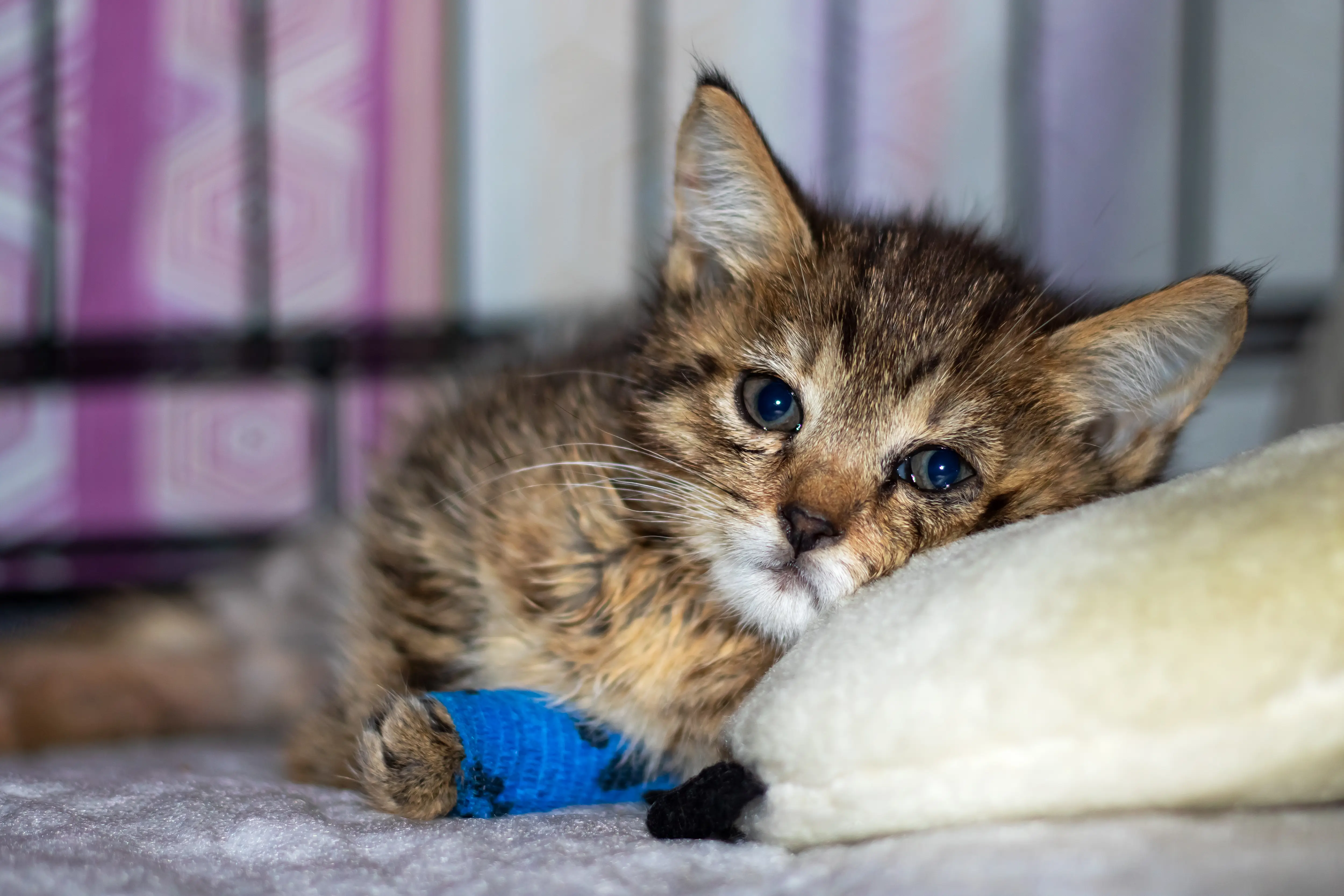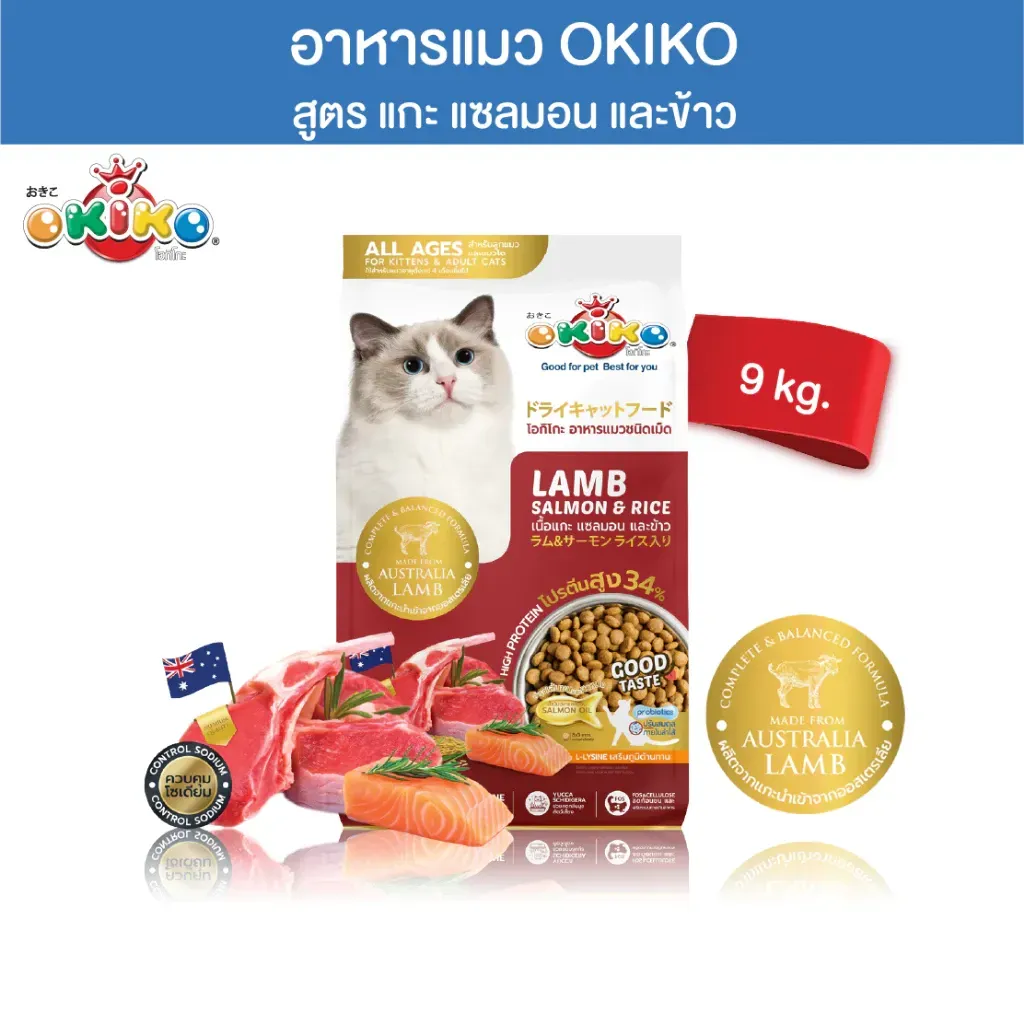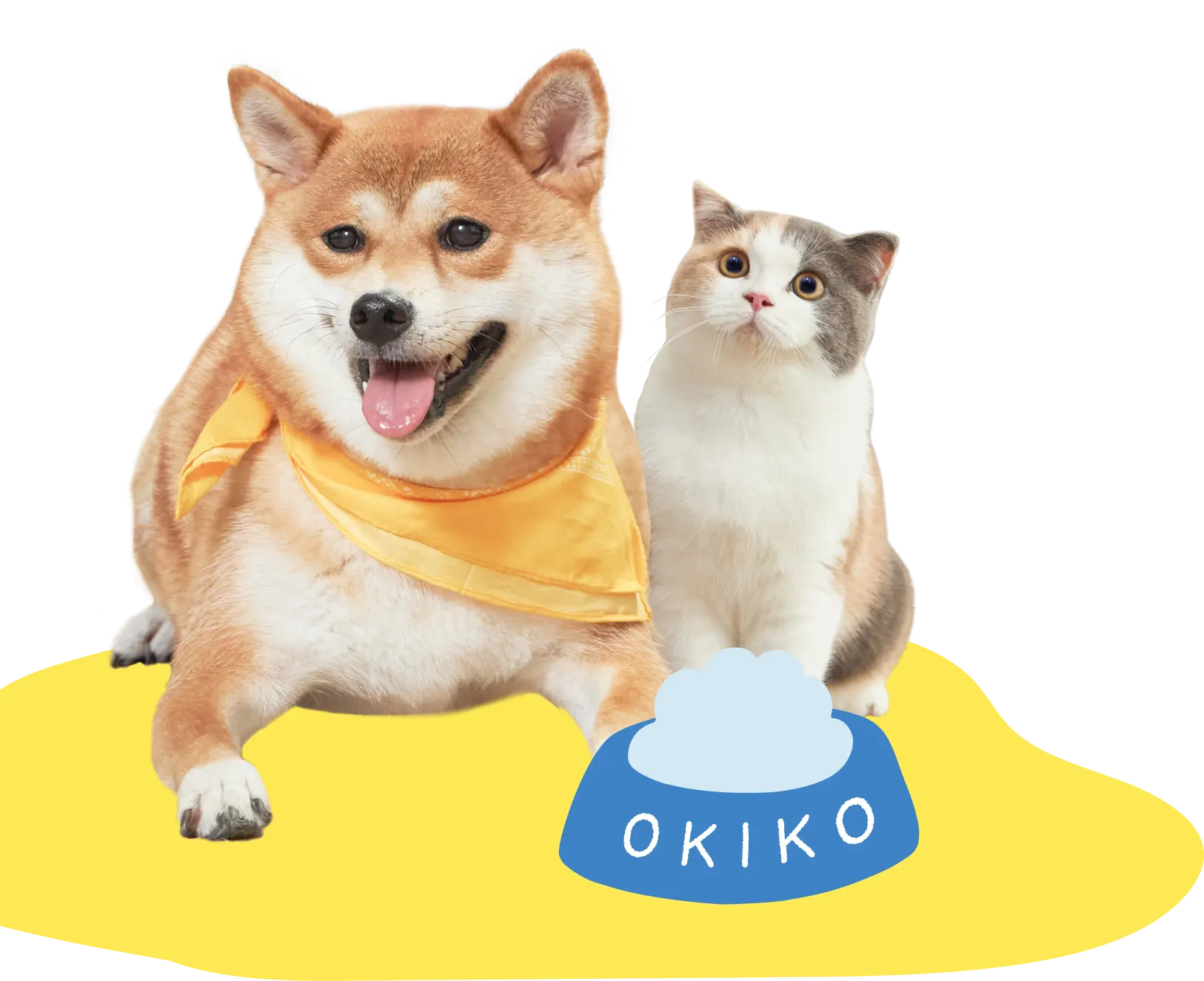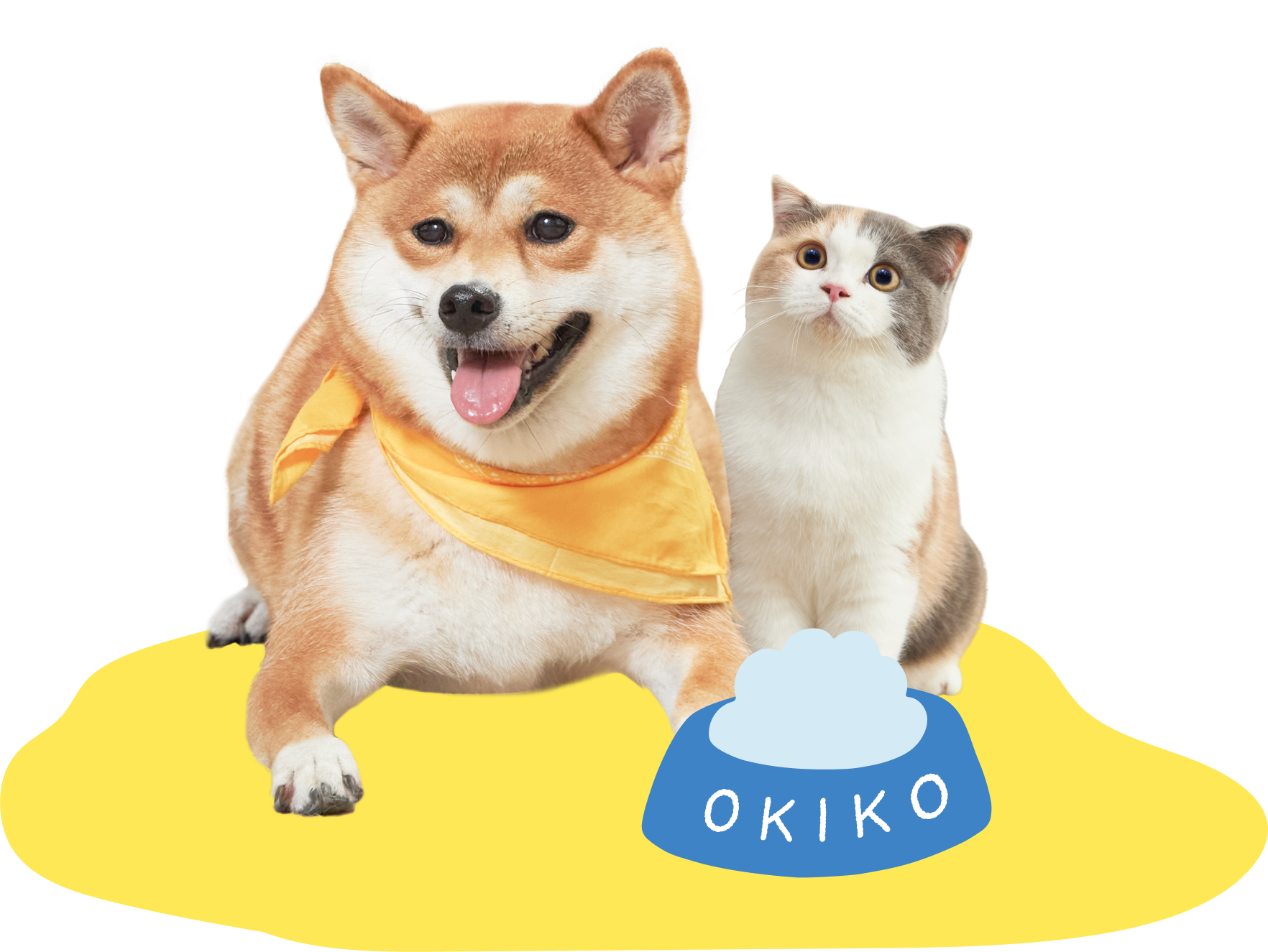A collection of dangerous diseases for kittens. Know before you are sure to be safe.
Posted Date: 22/01/2568
Dangerous Diseases in Kittens – Know Them Early to Keep Your Kitten Safe
Kittens are highly vulnerable to diseases because their immune systems are not yet fully developed. This makes them more susceptible to various infections, including those caused by viruses and bacteria. These illnesses pose serious threats to their health. Therefore, it’s essential for cat owners to be cautious during their kitten's early stages of life. Let’s learn about common diseases in kittens so we can better protect them from getting sick.
Feline Panleukopenia (Cat Distemper)
Feline panleukopenia is a common and highly contagious disease, and kittens are at high risk of contracting it, especially from their mothers. The disease is caused by the feline parvovirus, and infected kittens often suffer from severe diarrhea, vomiting, lethargy, loss of appetite, and high fever. If there is blood in the stool, the virus may have affected the brain, causing symptoms like unsteady walking, poor balance, and even blindness. In severe cases, it can be fatal.
The virus spreads easily through feces, urine, and shared items with infected cats. Kittens between 2–6 months old are particularly vulnerable.
Cat Flu (Upper Respiratory Infection)
Cat flu may not be severe in adult cats, but it can be very dangerous for kittens.
It causes symptoms similar to human flu, such as coughing, sneezing, nasal discharge, eye inflammation, and sometimes mouth ulcers. The disease is caused by several viruses, including feline herpesvirus and feline calicivirus. Kittens can become infected simply by inhaling airborne viruses. They tend to show more obvious symptoms than adult cats, and in some cases, it can progress to pneumonia.
Cat flu can spread through shared items, direct contact like licking, saliva, or playing with other cats.
Feline Leukemia Virus (FeLV)
Feline leukemia, often referred to as "leukemia in kittens," is caused by the FeLV virus. It weakens the immune system, making kittens more prone to other infections. The disease can be transmitted from mother to kitten and through contact with the saliva or secretions of infected cats. Early symptoms may include lethargy and diarrhea, followed by jaundice, weakness, rough coat, and weight loss. Unfortunately, there is currently no cure for this disease. Treatment focuses on managing symptoms and improving quality of life.
Feline Infectious Peritonitis (FIP)
FIP is a serious disease caused by the feline coronavirus. It is commonly seen in kittens adopted from breeding farms, as it spreads very easily. The disease may not show clear symptoms at first, but it can quickly become severe and life-threatening. It spreads through saliva, feces, and shared items. Symptoms are varied and may include lethargy, loss of appetite, abdominal swelling, and difficulty breathing. Kittens living in groups are at higher risk. Currently, there is no definitive cure, which causes concern for many cat owners.

Feline AIDS (FIV)
Feline AIDS, or Feline Immunodeficiency Virus (FIV), is a common disease found in cats worldwide. The FIV virus weakens a cat’s immune system, making it more susceptible to other illnesses. It is transmitted primarily through bites and can also be passed from mother to kitten. The symptoms of FIV usually appear gradually. You may notice signs such as loss of appetite, weight loss, a rough coat, diarrhea, and neurological abnormalities. If you suspect that your cat may have FIV, it is essential to take them to a veterinarian for diagnosis and guidance on how to manage the disease.
Prevention Is Key
Although the diseases mentioned above can sound alarming, they are preventable. Vaccinating your kitten according to schedule is crucial, as it helps build immunity against many of these illnesses. Additionally, providing high-quality, complete nutrition plays a major role in strengthening your kitten’s immune system.
One such option is OKIKO Dry Food for Kittens, formulated for cats aged 4 months and older. It offers balanced, immune-boosting nutrition with the following benefits:
- Lamb Meat from Australia: A high-protein source, providing up to 34% protein.
- Hydrolyzed Salmon: Improves nutrient absorption, ideal for cats needing nutritional support.
- Salmon Oil: Rich in Omega-3 (EPA & DHA), which promotes healthy skin, fur, and brain development.
- Probiotics: Enhance gut health, digestion, and nutrient absorption.
- AAFCO-Certified: Meets the pet food standards set by the Association of American Feed Control Officials (USA).
OKIKO is suitable for kittens 4 months and older, as well as adult cats, helping them grow strong and stay protected against diseases.

Click Here to Read More!
How to Care for and Support Kittens with Serious Illnesses
Care Guidelines
To help your sick kitten feel more comfortable, try to create a calm and safe environment. Reducing stress is essential—set up a cozy bed in a quiet area, away from loud noises and disturbances. Always ensure your kitten has access to clean water, nutritious food, and a litter box that’s easy to reach. These small acts of care can help your kitten feel secure and recover more quickly.
Nutrition for Sick Kittens
Sick kittens often lose their appetite, which can prevent them from getting the nutrients they need to heal. As a pet parent, always have kitten food and fresh water ready. You may need to adjust the food to suit their weakened condition—for example, choose easily digestible food to reduce the risk of diarrhea or switch to a special diet formulated for sick cats.
It’s best to consult a veterinarian for personalized dietary recommendations.
OKIKO recommends its complete and high-quality dry food for kittens, which is delicious and aromatic—helping stimulate appetite in sick kittens.
Regular Vet Visits
Regular health checkups are vital for your cat’s well-being. Schedule veterinary visits at least every six months (twice a year). If your kitten is sick, see a vet as soon as possible for timely and appropriate treatment. In more serious cases, more frequent visits—such as twice a month or once a week—may be necessary.
สารบัญ










